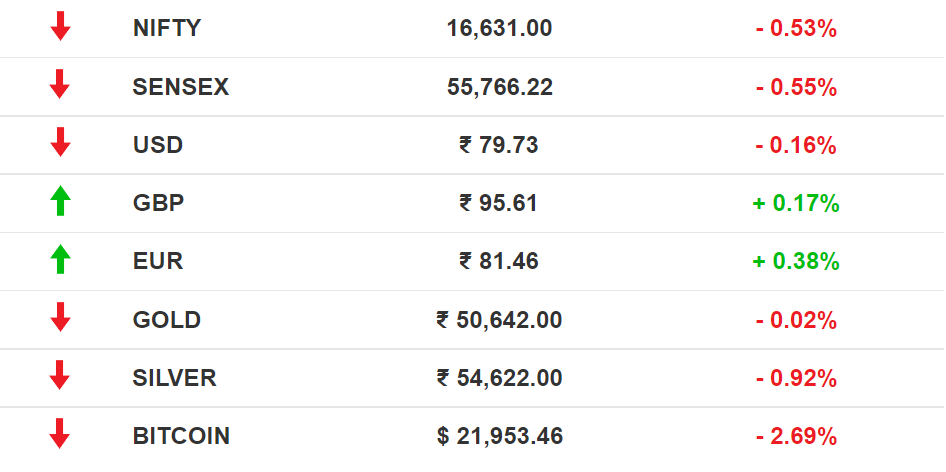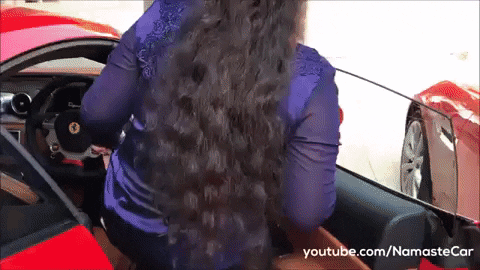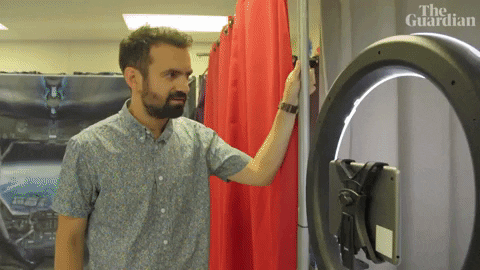Social media’s underage problem
Also in today’s edition: Uber-Ola status quo under threat; CEOs face shareholder ire over pay; E-commerce hits the speedbreaker; The balancing act of capital flows
Good morning! More work? Bring it on. The heat is so bad in the UK that staff are flocking to offices for some cool air. The biggest incentive London employers can offer staff this summer is air conditioning, reports Bloomberg. ACs are rare for Londoners. With energy costs what they are, for a vast number of people it would be unaffordable to operate ACs at home even if they had one.
🎧 Data breaches are a dime a dozen these days. Policybazaar is one of the many victims.
If you enjoy reading us, why not give us a follow at @thesignaldotco on Twitter and Instagram.
The Market Signal*
Stocks: After see-sawing through the day, domestic equities settled in the red for the first time in six days. While Indian corporate earnings have been a mixed bag, tech earnings reported in the US have been better than expected thus far. The Fed meeting later this week is being keenly watched for further cues.
Early Asia: The Hang Seng Index held the fort (0.45%) at 7.30 am India time. The SGX Nifty (-0.17%) and Nikkei 225 (-0.28%) were lagging.
E-COMMERCE
E-commerce Takes A Beating
Inflation is catching up with e-commerce. An Economic Times report citing research firm PGA Labs said daily e-commerce shipment volumes are now expected to grow at 20%, lower than the earlier projected 25%-30%.
Tight pocket: Even deep discounts are failing to lure customers who were thronging platform shopping fests until a few months ago. The RBI’s crackdown on BNPL and card-based fintech firms has added to online retailing woes.
Respite: Offline channels are, however, seeing growth. It could be an indication that the spike in online sales during the pandemic was temporary. The industry might be overestimating India’s online market. While it is true that more consumers from smaller towns are shopping online, the overall market may not have expanded.
INVESTING
Capital Flows Are Even-Steven
Private equity (PE) flows almost made up for the foreign portfolio investor (FPI) exodus from the stock market between January and June 2022.
Let it flow: Foreign PE funds invested $27 billion in Indian companies while FPIs took out $29 billion. Portfolio investors have a relatively short investment horizon while PEs, which come through the foreign direct investment route, lock in for longer periods and aim to participate in the value growth of their investee companies. Incidentally, FPs are also back.
PE and venture capital investment had topped $70 billion in 2021. All that capital has helped fuel entrepreneurial activity. The number of startups has shot up from 471 in 2016 to nearly 73,000 in 2022 which have created 7.68 lakh jobs.
MOBILITY
Ola and Uber Up Against New Players
The shared mobility space is on the cusp of disruption, again. A slew of new contenders have emerged in the market, ready to take on ride-hailing majors Ola and Uber.
Tell me more: Urban mobility is back on its feet after the pandemic. BluSmart is ramping up its all-electric cabs to 5,000 in Delhi-NCR. Blockchain-based mobility startup Drife, which recently launched a Bengaluru pilot, has a bid-based system to solve for issues such as surge pricing and cancellations. Rapido, known for its low-cost bike rentals, is dotting Indian cities with auto rickshaw services. Even travel aggregators such as MakeMyTrip are upping the ante by providing rides via tie-ups with Meru, Mega Cabs, and others.
The Signal
The shared mobility sector in India has evolved from kaali-peelis, taxi booking services, the Uber-Ola duopoly, to the arrival of new challengers now.
People are getting back to offices and going out in droves, but there aren't enough drivers to ferry passengers. Blame high fuel prices and shrinking incentives, all while cab aggregators charge steeper commissions. Many are looking at other occupations. As a result, commuters are irked with last-minute cancellations, late pick-ups and poor grievance redressal.
The time seems ripe for a whole bunch of startups and companies attempting to address these pain points.
🎧 Uber and Ola have new competitors in the market.
EXECUTIVE PAY
Shareholders Won’t Brook Fat Pay For Top Executives
The last week has been bittersweet for PVR’s top brass. The good: it reported ₹1,000 crore revenues for the June quarter.
The not-so-good: Chairman and managing director Ajay Bijli and joint managing director Sanjeev Kumar perhaps took it as a good moment to give themselves special incentives; ₹6 crore and ₹4 crore, respectively. Shareholders did not think so.
Some activist shareholders—enough in number to block the move—found it insensitive that the executives would fatten their paychecks when the company employees were subjected to pay cuts not so long ago.
At Eicher Motors last year, shareholders shot down a proposal to re-appoint Siddharth Lal as managing director after the company said it wanted to give him a 10% salary hike.
Elsewhere: Rising CEO pay is raising eyebrows in the US too.
CREATOR ECONOMY
Social Media Is Totally Kidding
How far will the creator economy go before questions over the monetisation-of-everything come home to roost? The Financial Times reports that VidCon—the annual convention for social media influencers—had creators as young as 5-6 years old. ‘Kidfluencers’ across YouTube, Instagram, and TikTok have generated $8 billion (and counting) for advertisers, all while legislation remains murky.
Loopholes: US privacy laws protect children under 13; by stating that their platforms are only for users aged 13-plus, social media companies hosting teenfluencers aren’t obligated to toe rules limiting data collection and advertising. Also, younger kids’ accounts are registered and managed by parents and guardians. Complicating matters is the fact that the US and UK have laws to protect child artistes, but influencers aren’t classified as performers.
Implications: Commercialising childhood. There aren’t just concerns over brands enabling kidfluencer hustling with millions in endorsement dollars, but also the repercussions of children being exposed to trolls, lewd comments, and adult content.
FYI
Road high: An Edelweiss-operated infrastructure fund has bought eight roads from engineering company Larsen & Toubro for ₹7,000 crore.
Broken line: Global digital connectivity is facing a critical issue: a shortage of fibre optic cable, essential for carrying data. Cable prices are up 70%.
Killer game 2.0: An investigation by law enforcement agencies is underway over the murder of a mother by a 16-year-old son over PUBG.
Self-regulate: Big technology giants have voluntarily signed a code of conduct with Netsafe in New Zealand to curtail harmful content on their platforms.
Exit: Chinese smartphone maker Honor denied reports that it’s exiting the country for “obvious reasons”.
Second strike: The US SEC has slapped Tesla CEO Elon Musk with another subpoena for his 2018 tweet about taking the company private.
FWIW
Love, actually: South Korean youth are willing to try new methods to find love. This involves a personality test, the Myers-Briggs Type Indicator, to be precise. Initially used as a tool to recruit women on the job during World War II, has often drawn flak for reinforcing stereotypes. Whatever happened to giving love a chance?
TikTok stardom: Aspiring musicians are looking beyond Spotify to find their audience (and 15 minutes of fame). About 25% of musicians prefer sharing their work on TikTok before migrating to Spotify. Bonus: artists get noticed even if fame isn’t long-lived.
Traveller’s agony: A nightmare is slowly unfolding for both tourists and the hospitality industry. Tourist destinations across southern Europe are once again packed with travellers, but tourism operators are not prepared for it. The much-longed-for summer vacation, it seems, is no longer the stuff of dreams.
Enjoy The Signal? Consider forwarding it to a friend, colleague, classmate or whoever you think might be interested. They can sign up here.
Want to advertise with us? We’d love to hear from you.
Write to us here for feedback on The Signal.










There should be a bicycle hiring option too, like Uber/Ola, for health enthusiasts. Also could prove key in the long run owing to the climate change issues